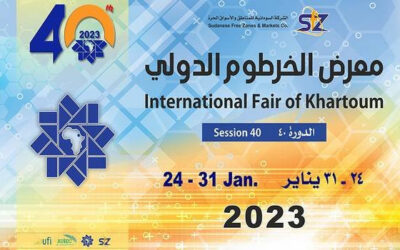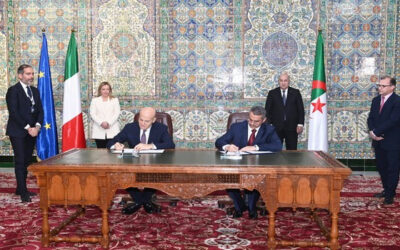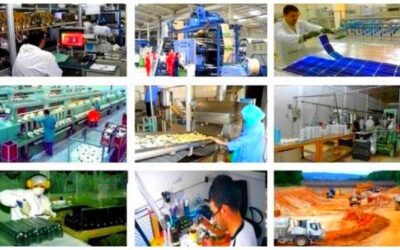Algeria reiterates in Amman commitment to reduce greenhouse gas emissions

APS : Friday, 31 March 2017
AMMAN-Algeria has reiterated in Amman (Jordan) its commitment to reduce its greenhouse gas (GHG) emissions by 2020-2030 in accordance with the Parlis Agreement on climat adopted in 2015, which aims to maintain the increase in Earth’s average temperature at 2º C.
The Algerian focal point ClimaSouth at the Algerian Foreign Affairs Ministry, which partakes in the 6th meeting of the Steering Committee of the “Climasouth” project (European project on climate change) held on 29-30 March in Amman, recalled that Algeria had submitted in 2015 its national contributionto reduce its GHG emissions by between 7% and 22% in 2015, Deputy Director of Environment and Sustainable Development at the Ministry of Foreign Affairs Ghalia Benzouiche told APS.
According to the Algerian contribution, Algeria is committed to decreasing its GHG emissions by 7% as from 2020 through using national means and actions aiming to make an energy transition and diversify economy.
However, this decrease would reach 22% so that Algeria receives the necessary international support by 2030.
The achievement of this goal depends on foreign financings, technology transfer and strengthening of capacities, stressed Benzouiche.
Algeria’s contribution covers the three main gases in terms of emissions, namely Carbon dioxide (CO2), methane (CH4) and nitrous oxide (N2O).
To reach the reduction goals, Algeria banks on a coherent strategy targeting the sectors of energy, forests, housing, transport, industry and waste.
Before the Paris agreement on climate, “the actions conducted by the countries on the southern shore of the Mediterranean to fight against climate change were voluntary.”
Actually, the project aims to strengthen bilateral cooperation between the EU and its Mediterranean neighbours in the south, and between the partner countries themselves (South-south) in the terms of adaptation to climate change and the reduction of its impact,” she stated.
According to her, it is a “technical support” to the drawing up and implementation of strategies and reduction tools, like national adaptation strategies, development strategies on low carbon emissions, appropriate national actions and measurement methods, notification and verification, particularly through developing national inventories of greenhouse gases.
Categories
Recent Posts
- Ambassador MEHILA Messaoud, presents Mrs. Lyubka ALEXANDROVA with a selection of photographs
- The Embassy of Algeria in Sofia awarded for its Cultural Activities
- Mr Attaf, Equatoguinean counterpart hold talks
- Mr Attaf holds talks with CEO of AUDA-NEPAD
- The Minister Attaf, President of PAP holds talks






